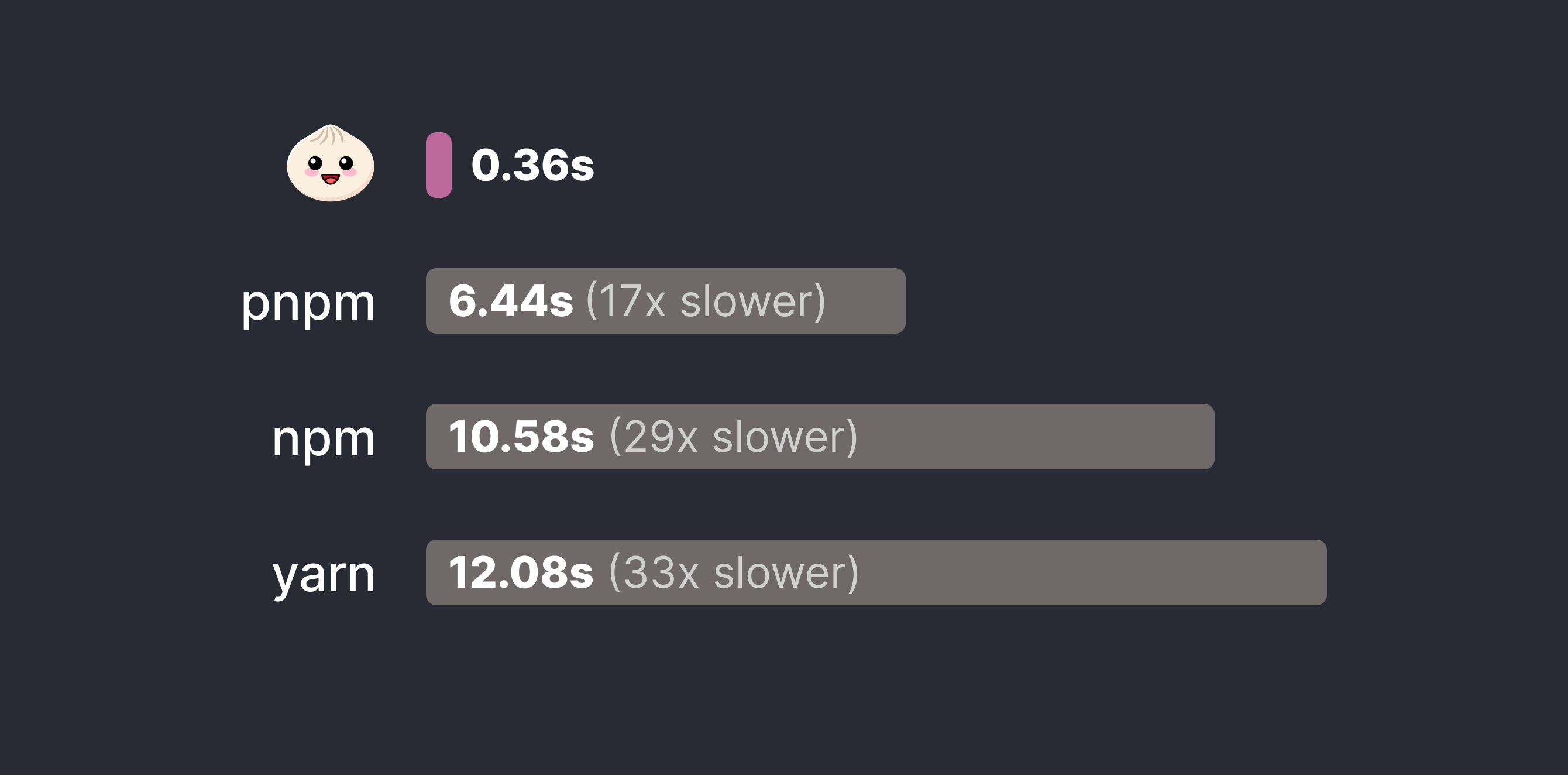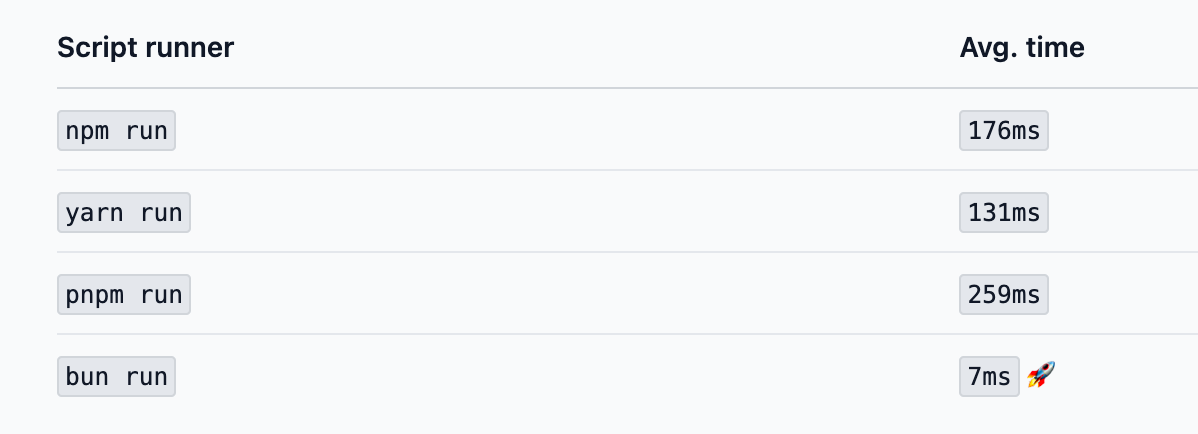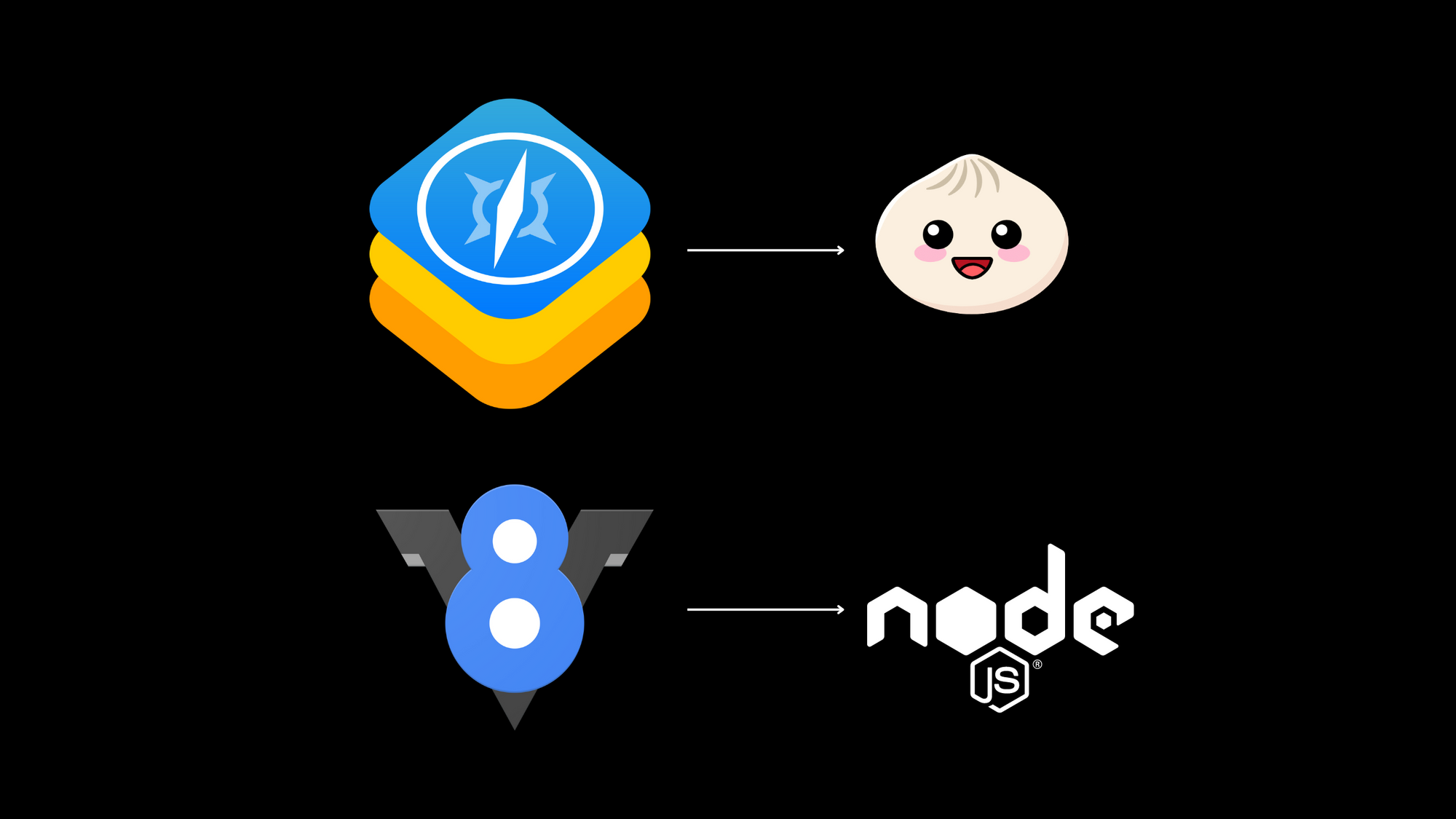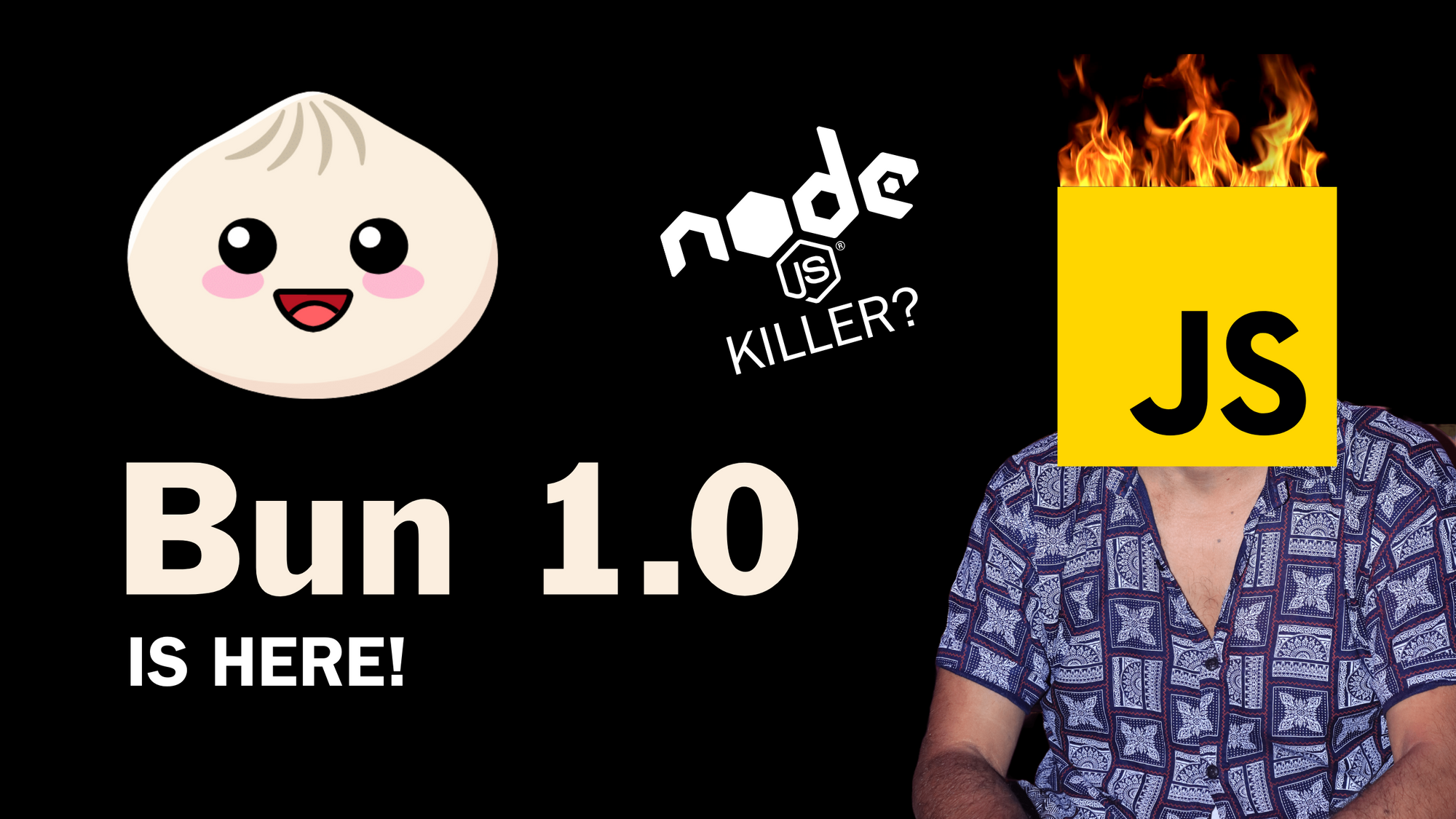A wise man once told me, "When you start eating Bun, Node.js will feel bland".
But why is that relevant? JavaScript got way faster with a new JavaScript runtime called Bun, which is now production-ready with its version 1.0 release.
But how and why is it faster than Node.js? A lot of questions come to mind.
I'll answer some of those questions in this article. And I'll do that quickly as I am now faster just like my pal, JavaScript, cooking in the oven with Bun 1.0.

Bun is a fast, all-in-one toolkit for running, building, testing, and debugging JavaScript and TypeScript, from a single file to a full-stack application.
Here are some things we can do with Bun.
Run your Code Faster with Bun
Now, we don’t need tools like npm, pnpm, or yarn because Bun is 17 times faster. Take a look at the data below:

Bun takes only 0.36 seconds to compile your code, whereas it takes about 6.44 seconds in the case of pnpm, 10.58 seconds with npm, and 12.08 seconds with yarn.
Bun Supports Hot Reloading
Bun supports hot reloading out of the box so you don’t need tools like Nodemon. It will automatically refresh the server when running JavaScript or TypeScript Code.
You can replace npm run with bun run to save over 150ms milliseconds every time you run a command.
Here is the full chart:

From the chart above, using npm takes about 176ms to run, yarn takes about 131ms. In the case of pnpm, it takes 259ms. However, it takes about 7ms in the case of Bun. That's fast, isn't it?
Bun as a JavaScript Bundler
Bun is also a JavaScript bundler with best-in-class performance and an ESBuild-compatible plugin API, so we don’t need things like:
- ESBuild
- Webpack
- Parcel, .parcelrc
- Rollup, rollup.config.js

Bun now supports Next.js, Remix, Nuxt, Astro, SvelteKit, Nest, SolidStart, and Vite.
Bun has both ESM and CommonJS Compatibility
Another great feature about Bun is that we can use ES Modules and CommonJs together in the same file, which was not possible in Node.js.
You can use import and require() in the same file:
import lodash from "lodash";
const _ = require("underscore");Apart from that, Bun has built-in support for the Web standard APIs that are available in browsers, such as fetch, along with extra Bun APIs like Bun.file() to lazy read a file and Bun.Write() to write a file to the local file system which is a lot simpler than Node.js.
Bun.file() Example
const file = Bun.file("package.json");
const contents = await file.text();The code above will read the contents of a package.json file and transfer its content to a new variable called contents.
Bun.write() Example
await Bun.write("index.html", "<html/>");
await Bun.write("index.html", Buffer.from("<html/>"));
await Bun.write("index.html", Bun.file("home.html"));
await Bun.write("index.html",
await fetch("https://example.com/"));In the code above, Bun.write() will write the string "<html/>", or copy the contents of home.html file into the index.html file. If we have to fetch data, it will fetch the results from an external web API and write the contents to a index.html file.
Why is Bun so fast?
Bun is fast because it uses the JavaScriptCore engine, while Node.js uses the JavaScript V8 engine. The former has been optimized for faster startup time.

If you want to get things done faster, you should consider replacing Node.js with Bun.
How to Get Started With Bun
You cam install Bun on MacOS and Linux systems using npm:
npm install -g bunNow you are all set. To install a npm package, do this:
bun install <package-name>To start a Next.js app, do this:
bun run devAll you need to do is replace npm with bun.
However, Bun is only ready for production in MacOS and Linux operating systems. The Windows version is still experimental. At the moment, only the JavaScript runtime is supported for Windows, and not the package manager, the bundler, or the test runner. You can read more about that here.
Conclusion
This article shows how you can use Bun as a Node.js alternative and speed up your development time.
You can also check out my video on The Node.js killer is here — Bun 1.0 First Look.
Thanks for reading!

